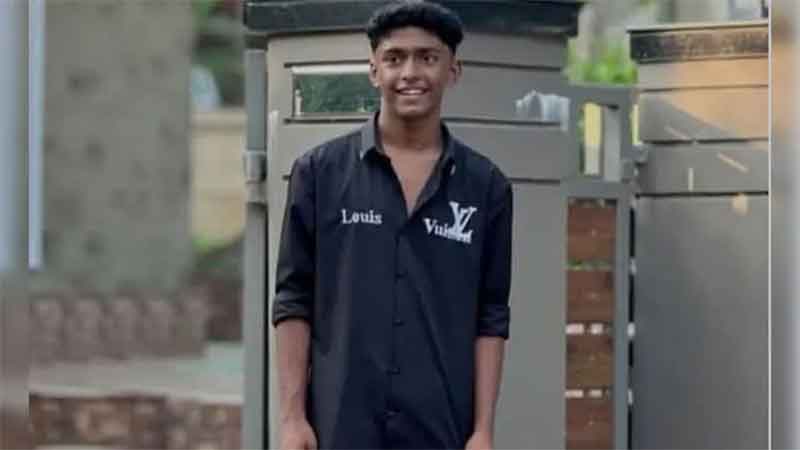
Kerala, once known for its tranquil and harmonious society, is now grappling with a disturbing trend: the rise of violence and crime among its youth. The latest incidents are chilling: a 15-year-old boy was brutally murdered by his classmates in a school in Calicut, while a 23-year-old man slaughtered four members of his own family, including his brother, in Thiruvananthapuram. There are couple of similar incidents happened within a few days. These incidents have sent shockwaves throughout the state, prompting the Kerala Legislative Assembly to hold an emergency discussion on the issue.
During the assembly discussion, lawmakers expressed concern about the growing trend of violence among young people, citing factors such as substance abuse, social media, and poor parenting. While some lawmakers called for stricter laws and punishment, others emphasized the need for a more nuanced approach that addresses the root causes of the problem.
As we delve deeper into this issue, it becomes clear that the rise of violence and crime among Kerala’s youth is a complex problem that requires a multifaceted solution. One key factor is the changing character of the Z generation, born between 1997 and 2012. This generation is growing up in a world vastly different from the one their parents knew. They’re digital natives, constantly connected to their smartphones and social media.
In Kerala, the widespread availability of smartphones and internet connectivity has contributed to this trend. With 88% of schools having internet access and 93.41% possessing in-house computers, Kerala has impressive digital infrastructure (¹). Moreover, the state government’s initiatives to provide free internet connections to 20 lakh poor families have made internet access a basic human right (²). However, this increased connectivity has also exposed young people to harmful content, cyberbullying, and online risks.
The statistics are alarming: 94.2% of rural and 97.1% of urban households in Kerala possess at least one mobile phone (³). This widespread availability of smartphones has led to increased screen time, decreased face-to-face interaction, and reduced physical activity. Moreover, the constant exposure to curated and manipulated content on social media has created unrealistic expectations, promoted consumerism, and eroded empathy and self-esteem.
Poor parenting, lack of emotional intelligence, and decreased social skills are all contributing factors to this trend. Many parents are either too permissive or too authoritarian, failing to strike a balance between giving their children freedom and setting boundaries. This has led to increased stress, anxiety, and depression among young people.
The old generation’s ignorance about the new generation’s needs and concerns is another significant issue. Many older people struggle to understand the complexities of the digital world and the pressures faced by young people. This has created a disconnect between generations, making it difficult for young people to seek guidance and support from their elders.
The outdated concept of discipline is also a major concern. Many parents and educators still believe that punishment is an effective way to deal with children’s misbehavior. However, this approach can lead to increased aggression, rebellion, and mental health problems. The emergence of child-friendly court orders and the interference of the Commission for Child Rights have highlighted the need for a more nuanced approach to discipline.
As a society, we need to acknowledge that the rise of violence and crime among Kerala’s youth is a complex problem that requires a multifaceted solution. We need to promote community-oriented initiatives, integrate value education and critical thinking skills into school curricula, and encourage intergenerational dialogue and knowledge sharing.
Parents, educators, and policymakers must work together to create a more nurturing and supportive environment that encourages young people to develop emotional intelligence, self-regulation, and social skills. We need to recognize that the Z generation is not a lost cause, but rather a generation that needs guidance, support, and understanding.
As we move forward, it’s essential to adopt a moderate and reformation-oriented approach. We need to balance the need for discipline with the need for empathy and understanding. We need to create a society that values community, social cohesion, and emotional intelligence.
The anxiety of parents is understandable, but we need to channel this anxiety into constructive action. We need to work together to create a better future for Kerala’s youth, a future that’s built on empathy, understanding, and social responsibility.
Mujeeb Rahman Kinalur is an author and cultural critic, based at Calicut, Kerala. He can be reached at [email protected]
References:
(¹) Data on internet connectivity in Kerala’s schools.
(²) Kerala government’s initiatives to provide free internet connections to poor families.
(³) Statistics on smartphone availability in Kerala.
















































